 Spot the difference ... Australian Legends of the Written Word stamps
Spot the difference ... Australian Legends of the Written Word stampsThe all-white, overwhelmingly male selection of authors chosen by Australia Post delivers a very distorted picture of our literature.
I see that Australia Post has issued a new set of themed stamps honouring some of the nation's most popular and celebrated writers.
The "Australian Legends of the Written Word" series from Australia Post features Peter Carey, Thomas Keneally, Colleen McCullough, Tim Winton, Bryce Courtenay and David Malouf. I don't have a problem with any of the authors listed: they certainly are popular and celebrated. But doesn't it seem just a little bit myopic in a white-male-Anglo-Saxonish manner? Only Malouf and McCullough would fall anywhere outside the net.
Who set the tone and selected the authors honoured here? It would be mealy-mouthed to criticise anyone included on that list; they're all writers worthy of the honour. But, at the start of the night, a few more authors should have been added to give the stamp collection a more comprehensive and realistic vision of the current Australian literary landscape. Where are Kate Grenville, Elizabeth Jolly, Helen Garner? These women are popular, award-winning authors whose work has been published and praised overseas. Grenville, for example, has been translated into 13 languages and is a winner of the Orange prize. Why doesn't she get a stamp? It's not about political correctness at all, it's about getting it right.
As well as the gender disparity, the list does nothing to indicate the cultural depth of Australian writing today. Christos Tsiolkas, a Greek-Australian author, might feel hard done by not to be included, but I guess he is not safe enough as an author. His writing is controversial, his characters often unpleasant, and his stories reveal the materialistic ennui of contemporary urban life and the social dislocation experienced by many minority groups. But here's the thing: his recent novel The Slap has probably been the most talked about book published in Australia in the past year.
And are there no indigenous authors worthy of a literary guernsey either? Alexis Wright? Sally Morgan? What, exactly, was the criteria for eligibility? I have these horrific images of a group of white men sitting around like Bruces in the philosophy department, going through the names of contemporary authors.
I then wondered if the criteria for eligibility was related to film adaptations. Did each author need to have at least one feature film (or mini-series) adaptation to their name? Actually, no, that can't be right, because Grenville, Garner and Tsiolkas have had their fiction turned to film.
What sort of message does this send out to the young kids of Australia? That almost all of Australia's great writers are white men? That is demonstrably wrong and decidedly insulting. Whoever commissioned these stamps and selected the authors should be given a short lecture in contemporary Australian literary history instead of logging on to IMDB to get their facts.
--
Evan Maloney, The Guardian, Friday 22 January 2010







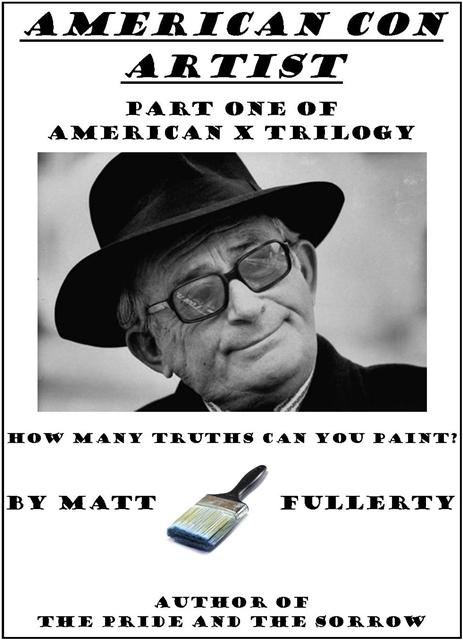cropped.jpg)
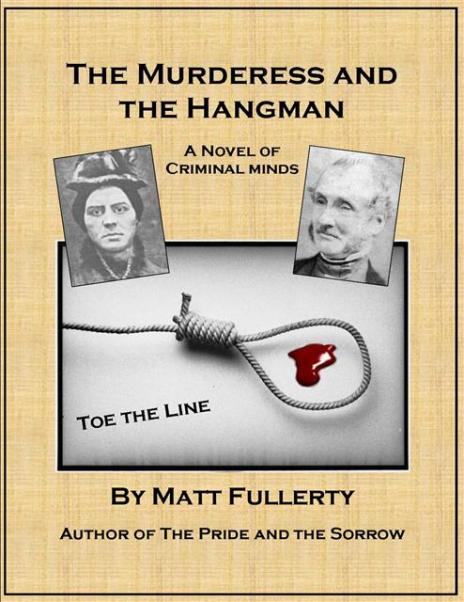.jpg)
cropped.jpg)
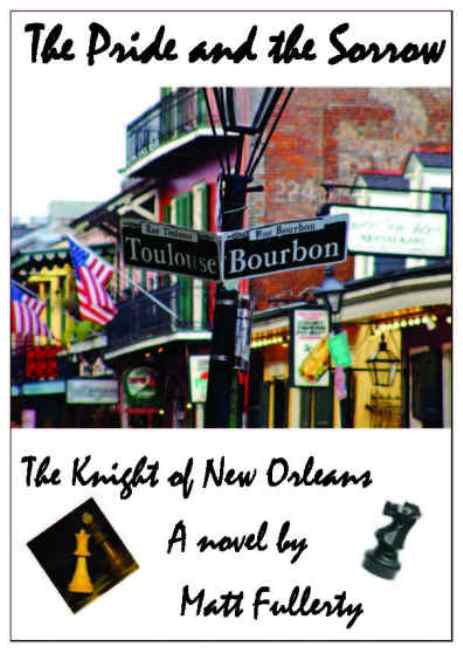2.jpg)
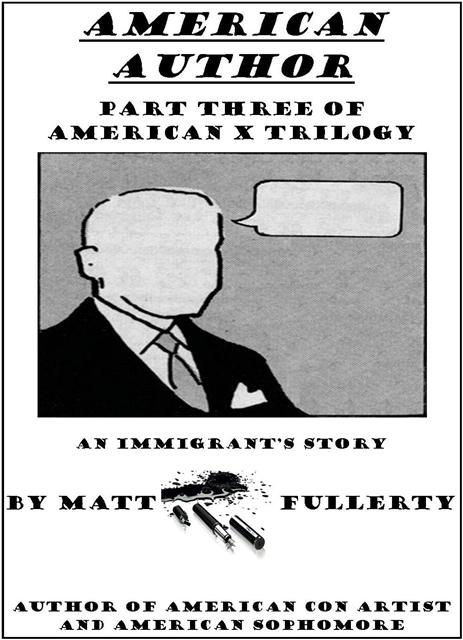Cropped.jpg)
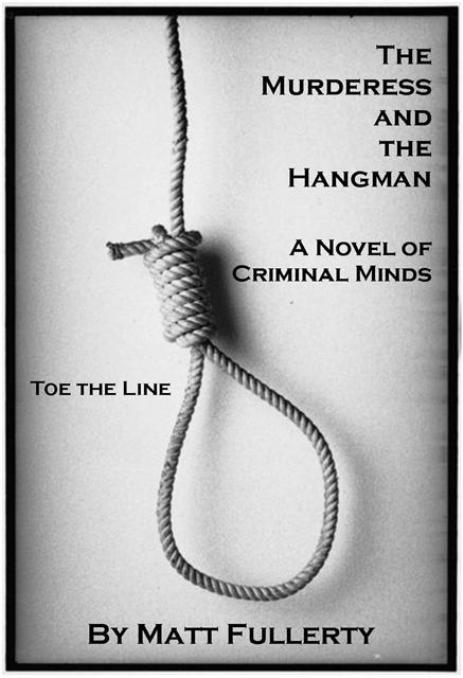cropped.jpg)
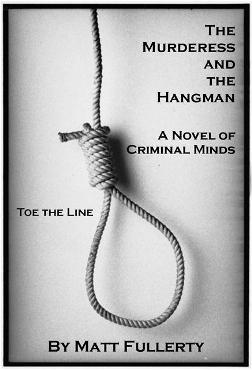4.jpg)













